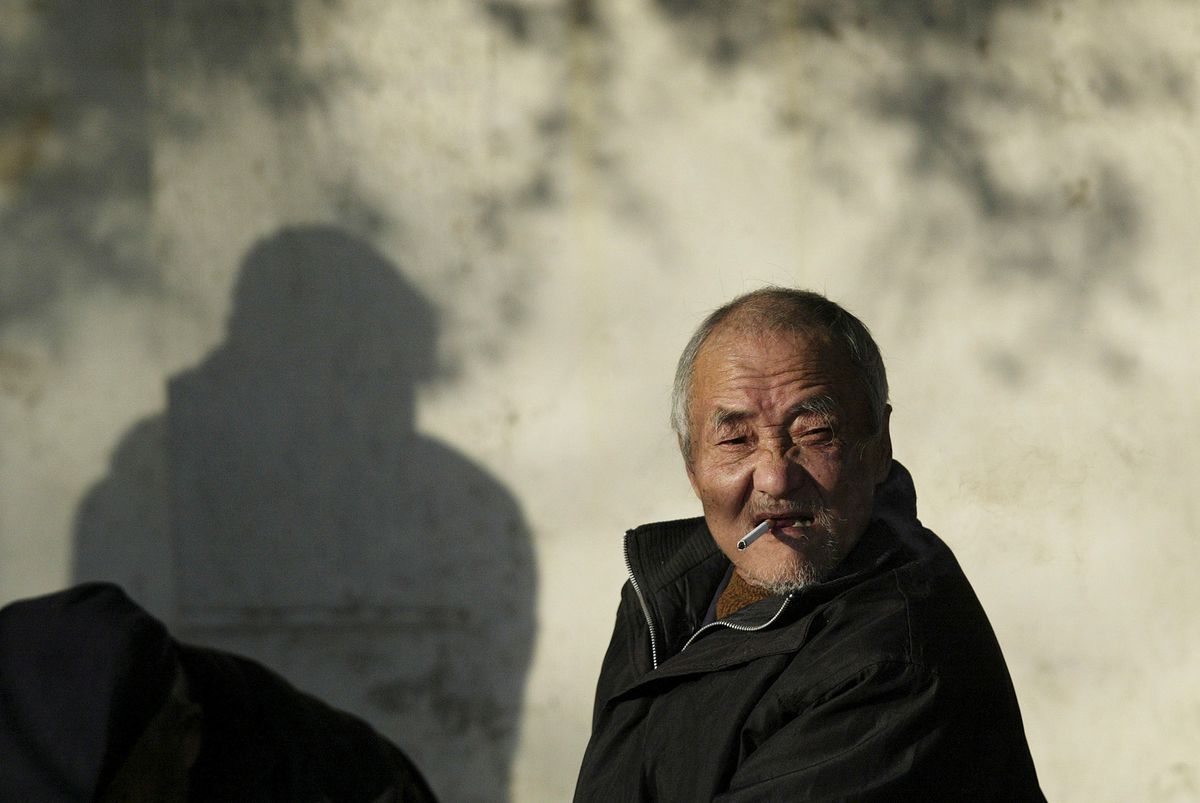Latest News: Asian Stock Market
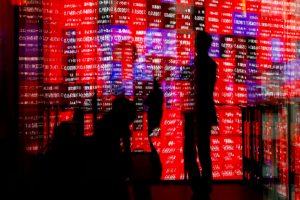
The latest halt in the global risk rally comes on the back of data pointing to lingering inflationary pressures across major economies

The Nikkei index in Tokyo saw a second straight weekly loss, down 3.4% over the past five sessions, as it pulled back from an all-time high of 41,087.75
Japan was also in the global market spotlight amid speculation that the Bank of Japan could exit its ultra-dovish monetary policies at its two-day meeting ending next Tuesday
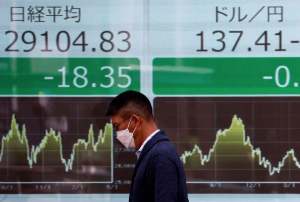
In Hong Kong, shares of biotech firm WuXi AppTec fell 12% on news that a US-based global trade association representing biotechnology companies sought to “separate” from it
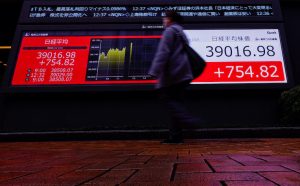
Nikkei heavyweights with a significant presence in China have seen mega rallies, especially in the chip sector
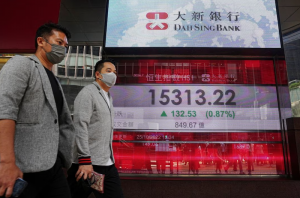
But how long the market recovery will last remains to be seen, given that broader data out of the world’s second-largest economy continues to disappoint
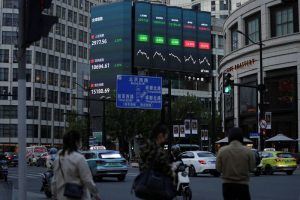
China and Hong Kong stocks ended 2023 as the worst performers among the world's major indexes, dragged down by geopolitical risks, a sluggish economic recovery and policy uncertainties

"A more dovish Fed means the likelihood of recession in 2024 has fallen considerably," one market analyst said
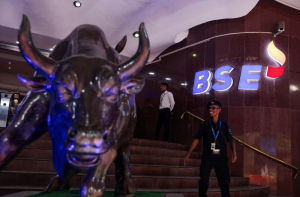
The surge in Indian equities follows US Fed Chair Jerome Powell's acknowledgment of the risks of delaying rate cuts

High interest rates, sticky inflation and geopolitical tensions have seen share sales by Asia-Pacific companies touch their lowest levels since 2012
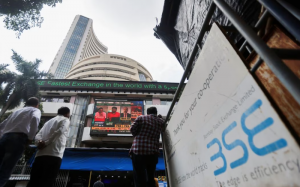
Both Indian benchmark indexes registered record closes for a third straight day on Wednesday, backed by a dream run in technology, energy and financial stocks

Hedge funds rotated their positions to developed Asia markets, including Hong Kong, Singapore and Japan
AF China Bond
- Popular











